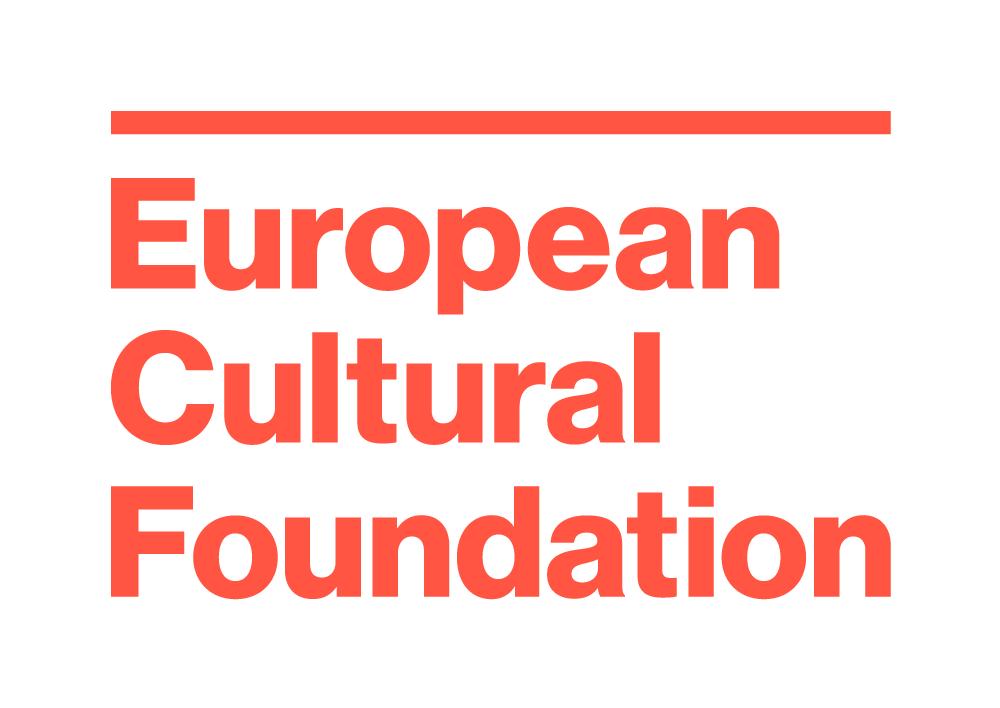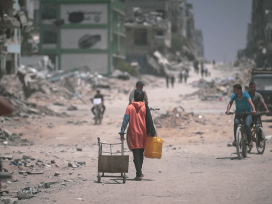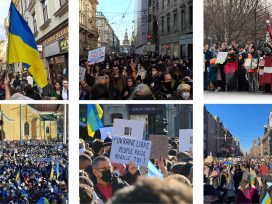With new variants mutating around the globe, COVID-19 is no longer a novelty. The pathogen is seemingly here to stay, inducing social, political and economic turmoil. This is not a crisis to emerge from quickly. It is a prelude to further emergencies linked to climate change and environmental destruction. How will societies deal with its tangible effects? And which issues might be perilously left by the wayside?
In this new focal point, supported by the European Cultural Foundation’s Culture of Solidarity programme, Eurozine and partners take stock of this public health crisis and its accompanying crises of values and meaning.

In collaboration with
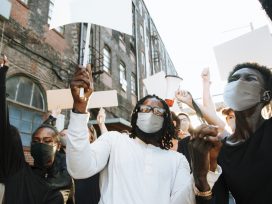
The perfect storm of viral politics and the challenge of Big Tech test the faith in the liberalism–fascism dichotomy. Fascism becomes endemic, playing on the premises of liberalism, pitting them against its democratic ideals.

Initial COVID-19 lockdowns seemed like a gift to nature. But less traffic and fewer industrial emissions soon turned into increased car use from social distancing and new levels of plastic consumption. Why are pre-pandemic values, encouraging lower consumption, at odds with staying healthy?
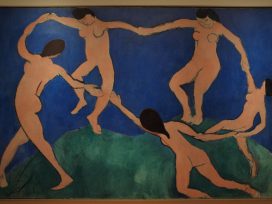
The performing arts suffered a crisis of identity during initial pandemic lockdowns. Enclosure replaced gestures of intimacy. Nomadic artistic practice, no longer able to physically engage with linguistic, geographic and social borders, faced new ‘territory’. Itinerant artists, used to constant travel, started thinking more locally.
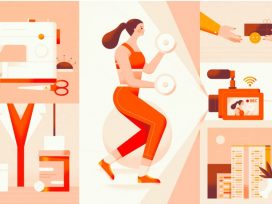
At times a safe-haven, at others prison-like: when COVID-19 lockdowns restricted entire lives to the home all around the globe, perceptions of everyday space changed. But do our relationships with enclosed living, especially during quarantine, reflect pre-existing meanings of intimacy ascribed by psychologists and artists to the home?
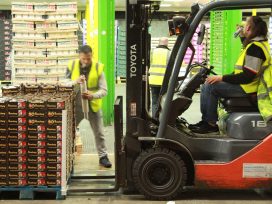
Midnight dispatch
Night workers’ voices from the UK and Romania
Though essential to the functioning of key infrastructures and services, night workers face additional layers of precarity to their daytime counterparts. Their testimonies from London and Oradea convey a deep sense of insecurity, exacerbated by Brexit and the pandemic.

How teen pregnancies skyrocketed in lockdown
South Africa is fighting to keep girls in school
In most provinces of South Africa, teen pregnancies have more than doubled during the pandemic, and the police often fail to follow up on statutory rape cases. Many schoolgirls have been cornered by the lack of digital tools, exposed to blackmail and exploitation at the hands of those they asked for help so they could participate in online learning.
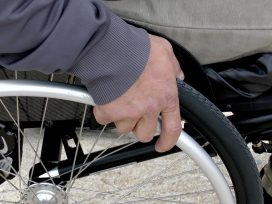
Surviving now, planning for tomorrow
Disabled people and COVID-19 policy failures
Whether in pandemic or war, the most vulnerable are the first to besidelined. Since the COVID-19 outbreak, authorities haven’t made adequate provision for disabled people, though many are more at risk of contagion in institutions.
When all of culture is forced into quarantine, alternative movements become the subject of fantasy. We reminisce about a time when there was freedom of expression or dream about an emancipating experience never lived. And if music’s counterculture can still arouse our interest, perhaps it indicates that such fantasies are still needed.
A crisis (un)like any other
COVID-19 and women
Underpaid and overworked: steady gender equality improvements in the Austrian workplace have backslided during the pandemic. What measures could redress the growing imbalance?
Much has been made of abstinence during the pandemic. But the virtues of ‘doing without’ have nothing to do with the refugee’s involuntary loss of home and family. For those never forced to flee, this existential experience is almost beyond imagination.
Jürgen Habermas recently argued that the pandemic measures of the German government hadn’t gone far enough. To weigh the state’s duty to protect life against other rights and freedoms was unconstitutional, he warned. In the ensuing controversy, critics accused him of authoritarianism. Were they right?
Distrust in authority is the fundamental reason for low vaccination rates across eastern Europe. But we shouldn’t think of anti-science as the expression of mere ignorance, nor primarily as a grass-roots movement.
Insurgent Orthodoxy?
COVID-19 and the Greek Church
The Orthodox Church is often said to be leading the anti-vax campaign in Greece. But in reality, the Church firmly supports government health policy. What, then, explains the prominence of Orthodox clergy in the protests?
Not a labour of love
Interview with Silvia Federici
Unpaid housework – forgotten by Marx, championed by the 1970s feminist Wages for Housework Campaign – has become a point of pandemic contention for working mothers. And care workers, mostly underpaid women with families, are facing the worst. Could vaccine mandates that sidestep the autonomy of workers’ bodies therefore be a stage too far?
Contracting COVID-19 in the UK over Christmas was far from joyous. While politicians, favouring business over health, were betting on Omicron’s mild symptoms leading to few hospitalizations, especially for the vaccinated, the isolated and sick were negotiating a procedural nightmare of defunct privatized healthcare provision.
